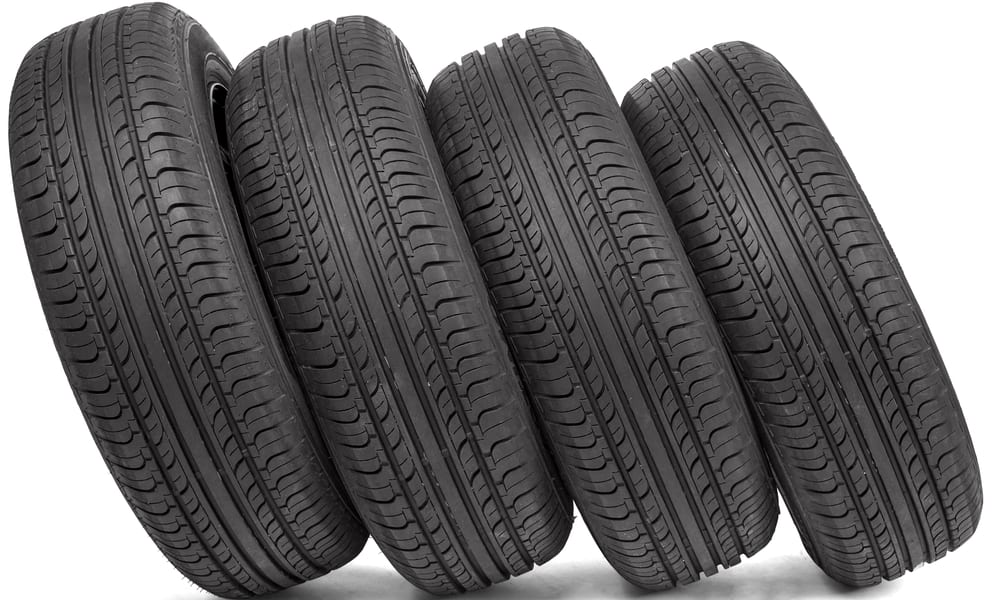Police Impound Motorcycle Auctions: Complete Guide for 2025
When law enforcement agencies seize or impound motorcycles due to various legal situations, these vehicles eventually make their way to public auctions. These police impound motorcycle auctions provide opportunities for enthusiasts and bargain hunters alike to potentially purchase motorcycles at prices below market value. Understanding how these auctions work, where to find them, and what to consider before placing a bid can help potential buyers make informed decisions when exploring this unique marketplace.

What Are Police Impound Motorcycles?
Police impound motorcycles are vehicles that have been seized by law enforcement agencies for various reasons. These motorcycles typically come from several sources. Some are confiscated during criminal investigations, such as those involving drug trafficking or other illegal activities. Others are towed after traffic violations or abandoned vehicle reports. Additionally, motorcycles may be impounded when their owners fail to maintain proper registration, insurance, or when the vehicles are involved in accidents where ownership becomes disputed.
Once these motorcycles remain unclaimed for a specific period (which varies by jurisdiction), they become eligible for public auction. The legal process typically involves a holding period during which the original owner has the opportunity to reclaim the vehicle by paying applicable fees and fines. After this holding period expires, the law enforcement agency or the contracted auction company prepares the motorcycle for sale to recoup storage costs and other expenses.
How Do Police Impound Motorcycle Auctions Work in the US?
Police impound motorcycle auctions in the United States follow a structured process governed by local and state regulations. Most jurisdictions require public notice of upcoming auctions, which may be published in local newspapers, government websites, or dedicated auction platforms. These notices typically include basic information about the vehicles available, auction date, time, location, and bidding requirements.
The auction format varies depending on the jurisdiction and auction company. Some auctions are conducted in-person where bidders physically attend and participate in a traditional bidding process. Others are held online, allowing participants to bid remotely. Many localities have moved toward hybrid models that combine both in-person and online bidding options to maximize participation.
Registration requirements also differ across jurisdictions. Generally, bidders must register before the auction and may need to provide identification, proof of address, and a deposit. Some auctions require payment in full on the day of purchase, often limited to cash, certified checks, or money orders, while others allow a short period for payment completion.
Where Can You Find Police Impound Motorcycle Auctions in 2025?
Finding police impound motorcycle auctions in 2025 has become increasingly accessible through various channels. Government websites at the local, county, and state levels often publish auction calendars with upcoming events. These official sites typically provide the most reliable information regarding dates, locations, and available inventory.
Third-party auction platforms and aggregator websites have also emerged as valuable resources for finding police impound auctions. Sites like GovDeals, PublicSurplus, and PropertyRoom specialize in government surplus auctions, including impounded vehicles. These platforms often provide detailed listings, photographs, and vehicle histories when available.
Many law enforcement agencies now maintain social media accounts where they announce upcoming auctions. Following your local police department, sheriff’s office, or city government social media channels can provide timely notifications about impound sales in your area. Additionally, auction service companies contracted by government agencies to manage these sales often maintain their own websites and notification systems.
What Are the Potential Benefits of Buying Police Impound Motorcycles?
The primary attraction of police impound motorcycle auctions is the potential for significant cost savings. Many motorcycles sell for well below market value, sometimes at 50-70% of what you might pay at a dealership. This pricing advantage occurs because the primary goal of these auctions is to quickly dispose of assets and recover costs rather than maximize profits.
These auctions often feature diverse inventory, ranging from common commuter bikes to high-end or rare models that might otherwise be difficult to find. For collectors seeking specific or unusual motorcycles, impound auctions occasionally yield surprising finds that rarely appear in the regular marketplace.
For those with mechanical skills, these auctions present opportunities to purchase motorcycles that may need minor repairs or maintenance at substantial discounts. With some technical knowledge and repair capability, buyers can potentially restore these motorcycles to excellent condition while still spending less than retail prices.
What Should You Know Before Bidding on Police Impound Motorcycles?
Before participating in police impound motorcycle auctions, potential buyers should understand that most vehicles are sold “as-is” with no warranties or guarantees. This means the responsibility for any mechanical issues, title problems, or other defects falls entirely on the buyer after purchase. Conducting thorough research on the specific makes and models you’re interested in can help identify common problems and estimated repair costs.
Pre-auction inspection opportunities vary widely between jurisdictions. Some auctions allow detailed inspections, while others only permit visual examination without starting the motorcycle or performing diagnostics. When available, these inspection periods are crucial for assessing the motorcycle’s condition and estimating potential repair costs.
Understanding title status is also essential before bidding. Some impounded motorcycles may have clear titles, while others might come with salvage or rebuilt titles that affect resale value and insurability. In certain cases, motorcycles may be sold with bills of sale rather than traditional titles, which can complicate registration in some states.
| Typical Auction Source | Average Starting Bid Range | Documentation Typically Provided | Special Considerations |
|---|---|---|---|
| Local Police Departments | $500-$1,500 | Bill of sale, sometimes title | Often local pickup only |
| County Sheriff Auctions | $800-$2,500 | Title or title application | May require larger deposit |
| Federal Seizure Auctions | $1,000-$5,000+ | Clear title with seizure documentation | Higher quality inventory but more competitive bidding |
| Municipal Impound Lots | $300-$1,200 | Varies by jurisdiction | May have higher fees added to winning bid |
| Online Government Auctions | $600-$3,000 | Digital documentation, physical sent after payment | Additional buyer’s premiums typically 5-15% |
Prices, rates, or cost estimates mentioned in this article are based on the latest available information but may change over time. Independent research is advised before making financial decisions.
Successful bidding at police impound motorcycle auctions requires preparation, research, and discipline. Setting a maximum bid amount before the auction helps prevent emotional bidding that exceeds a motorcycle’s value. Calculating all associated costs—including buyer’s premiums, taxes, transfer fees, transportation, and potential repairs—gives a more accurate picture of the total investment required beyond the winning bid amount.
Police impound motorcycle auctions represent a unique opportunity to find affordable motorcycles with interesting histories. While these auctions do involve certain risks, informed buyers who approach the process with proper research and realistic expectations can often find excellent values. Understanding the source of these motorcycles, the auction process, where to find auctions, potential benefits, and important considerations provides a solid foundation for anyone considering this alternative to traditional motorcycle purchasing.




